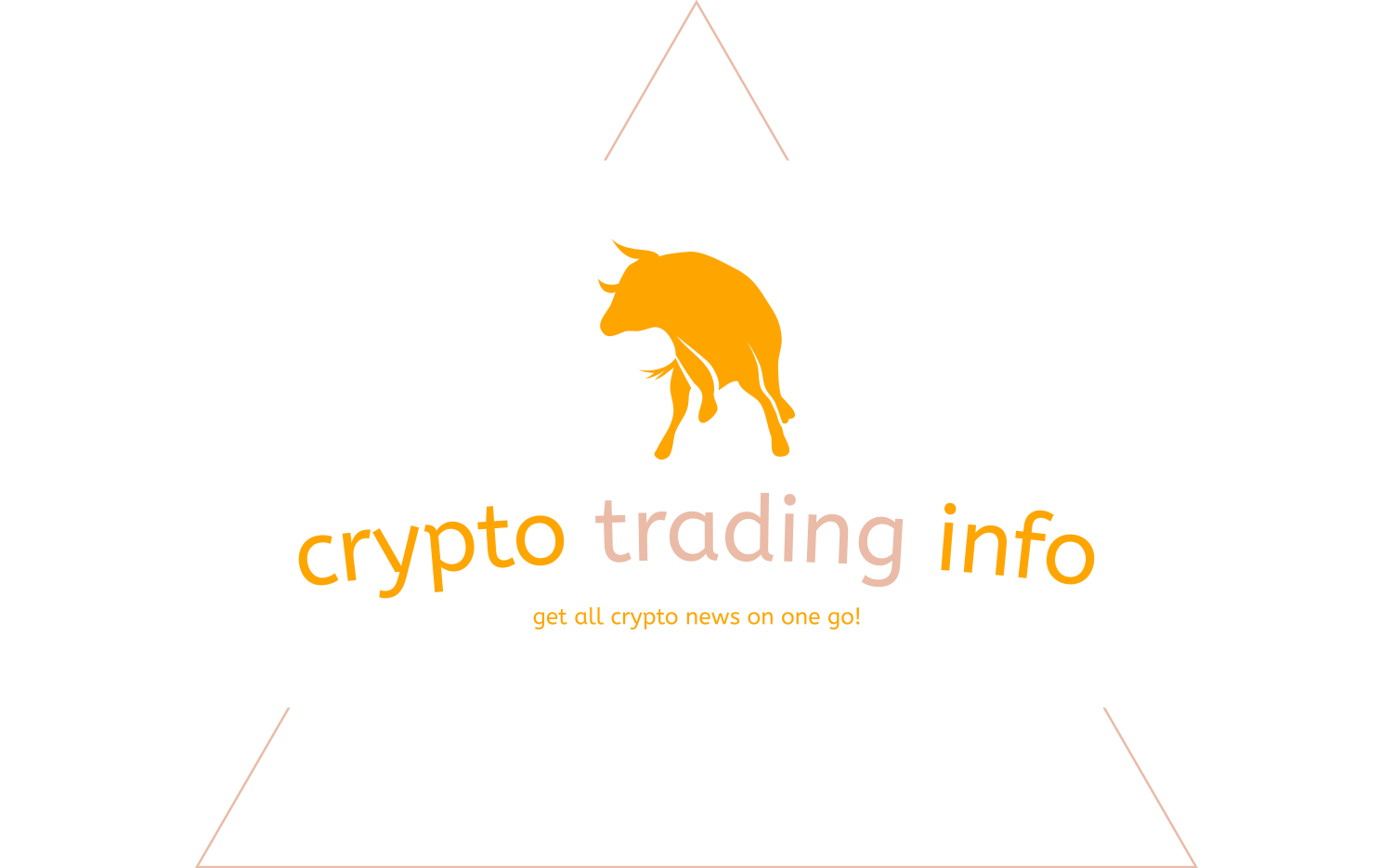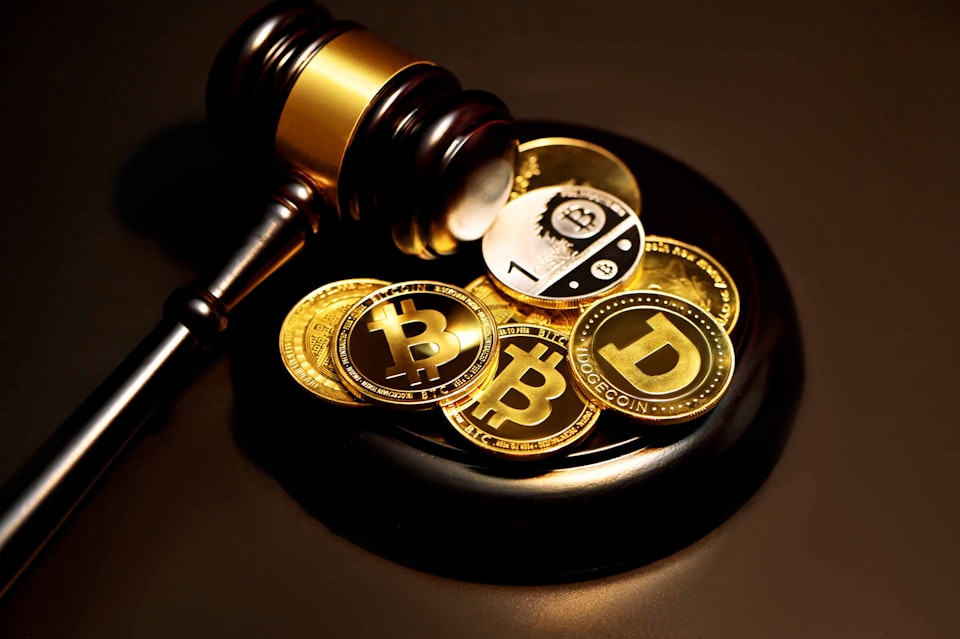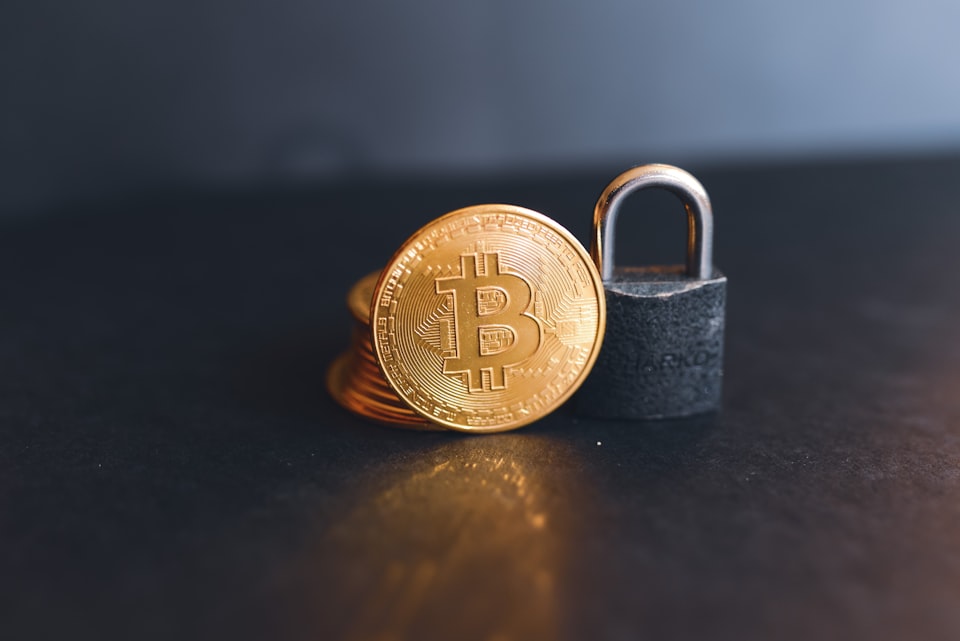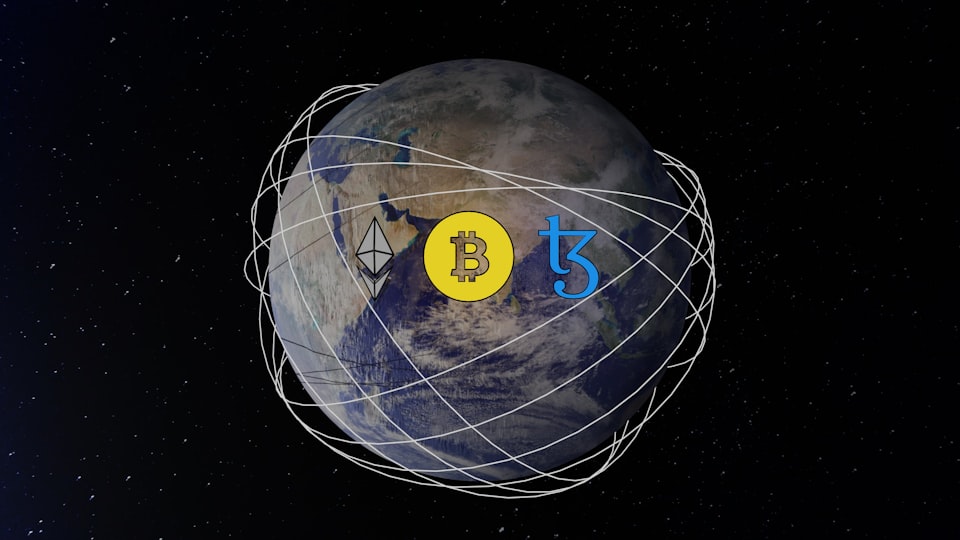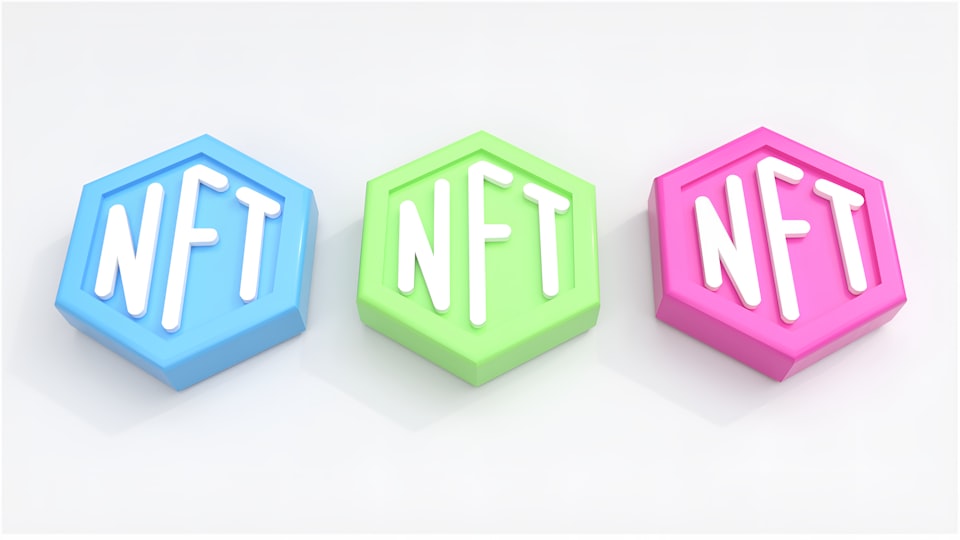Decentralized Autonomous Organizations (DAOs): Revolutionizing Governance for Crypto Projects
DAOs represent a paradigm shift in how crypto projects are managed and governed, offering a more democratic and inclusive approach to decision-making processes.
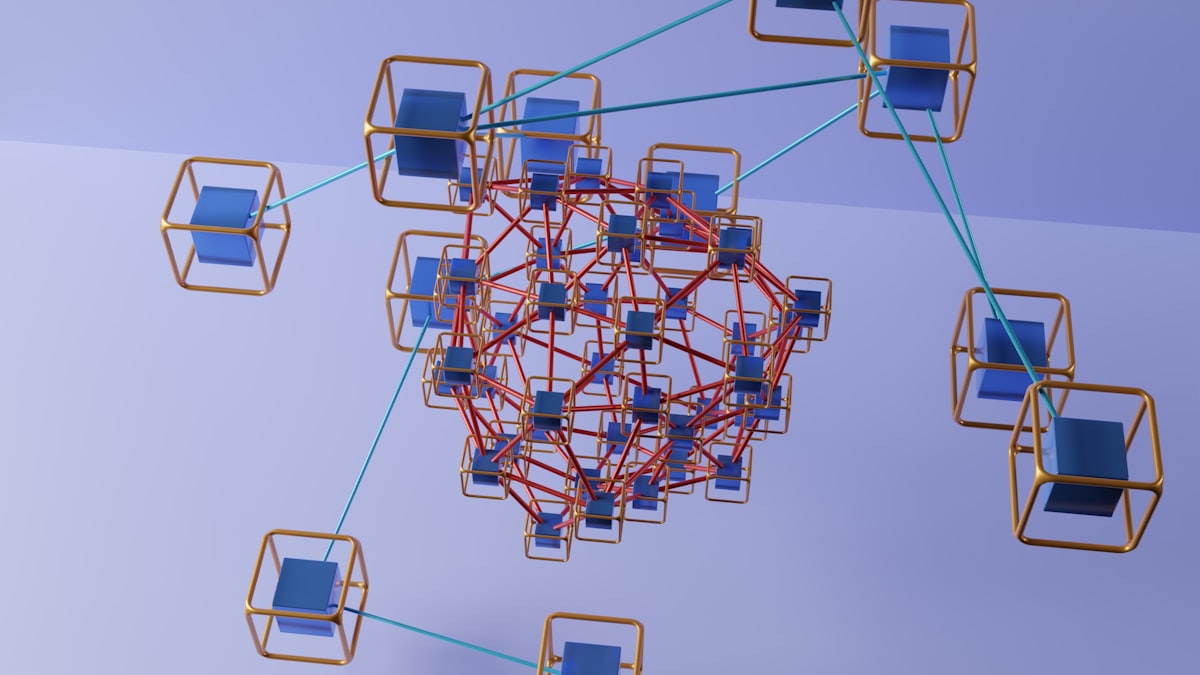
Introduction:
In the rapidly evolving world of cryptocurrency and blockchain technology, a new form of organizational structure is gaining significant traction – Decentralized Autonomous Organizations (DAOs). These innovative entities are challenging traditional governance models by leveraging the power of decentralization, transparency, and community involvement. DAOs represent a paradigm shift in how crypto projects are managed and governed, offering a more democratic and inclusive approach to decision-making processes.
What are Decentralized Autonomous Organizations (DAOs)?
A DAO is a decentralized, autonomous, and community-governed organization that operates on a blockchain network. Unlike traditional organizations, which rely on hierarchical structures and centralized decision-making, DAOs are designed to be collectively owned and managed by their members without the need for a central authority. This is achieved through the implementation of smart contracts, which are self-executing computer programs that automatically enforce the predetermined rules and regulations of the DAO.
The core principles that underpin the functionality of DAOs include:
- Decentralization: DAOs operate on a decentralized blockchain network, eliminating the need for a central governing body or intermediaries. This decentralized nature enhances transparency, security, and resilience against censorship or manipulation.
- Autonomy: Once the smart contracts that govern the DAO's rules and operations are deployed on the blockchain, they become immutable and self-executing, ensuring that the organization runs autonomously without the need for manual intervention.
- Community Governance: Members of a DAO have voting rights and can participate in the decision-making process, typically through the use of governance tokens. These tokens grant the holders a proportional influence over the DAO's operations, allowing for collective ownership and control.
How DAOs are Reshaping Crypto Project Governance:
The adoption of DAOs as a governance model for crypto projects offers several advantages over traditional organizational structures:
- Increased Transparency: The transparent and immutable nature of blockchain technology ensures that all activities and decisions within a DAO are publicly visible and auditable, promoting accountability and trust among members.
- Democratic Decision-Making: DAOs enable a more inclusive and democratic decision-making process, where every member has a voice and the ability to influence the project's direction through voting mechanisms.
- Decentralized Ownership: Unlike traditional organizations, where ownership and control are centralized, DAOs distribute ownership and control among the community members, fostering a sense of collective responsibility and alignment of interests.
- Resilience and Censorship Resistance: The decentralized nature of DAOs makes them resistant to censorship, shutdowns, or interference from external parties, ensuring the continuity and autonomy of the project.
- Efficient Governance: Smart contracts automate and streamline various governance processes, such as voting, fund allocation, and decision implementation, reducing bureaucracy and enhancing efficiency.
Notable Examples of DAOs in the Crypto Ecosystem:
Several crypto projects have successfully adopted the DAO model for governance, showcasing the potential and versatility of this approach:
- MakerDAO: One of the pioneering DAOs, MakerDAO is a decentralized lending platform built on the Ethereum blockchain. It is governed by its community of MKR token holders, who collectively manage the platform's operations and decision-making processes. You can learn more about MakerDAO's governance process in this article.
- Uniswap: Uniswap, a popular decentralized exchange (DEX) on Ethereum, transitioned to a DAO governance model in 2021. UNI token holders can propose and vote on protocol changes, fee adjustments, and other key decisions. Check out this video for an overview of Uniswap's governance process.
- Aragon: Aragon is a platform that enables the creation and management of DAOs, providing a suite of tools and services for decentralized governance. It has facilitated the launch of numerous DAOs across various sectors, including finance, gaming, and social impact projects. You can read more about Aragon's DAO offerings in this blog post.
- Dash: Dash, a popular cryptocurrency focused on privacy and speed, has implemented a DAO-like governance model where masternode operators can vote on proposals and allocate funds for project development and community initiatives. Learn more about Dash's governance model in this article.
Challenges and Considerations:
While DAOs offer promising solutions for decentralized governance, they also face various challenges and considerations:
- Regulatory Uncertainty: The legal status and regulatory treatment of DAOs remain somewhat ambiguous in many jurisdictions, posing potential challenges for their widespread adoption and integration with existing financial systems. This issue is explored in this report by the Wachtell, Lipton, Rosen & Katz law firm.
- User Experience and Accessibility: Interacting with DAOs and participating in governance processes often requires a certain level of technical proficiency, which may create barriers to entry for less technically-savvy individuals. This challenge is discussed in this article by CoinDesk.
- Governance Risks: Despite the promise of decentralized decision-making, DAOs are not immune to governance risks, such as voter apathy, majority rule issues, and the potential for whales (large token holders) to exert disproportionate influence. These risks are analyzed in this blog post by Aragon.
- Security Concerns: As with any blockchain-based system, DAOs are susceptible to potential security vulnerabilities, such as smart contract bugs, hacking attempts, and other cyber threats. The infamous DAO hack on Ethereum in 2016 is a cautionary tale, as explained in this article by Gemini.
Conclusion:
Decentralized Autonomous Organizations (DAOs) represent a groundbreaking approach to governance in the crypto ecosystem, offering a more transparent, democratic, and decentralized alternative to traditional organizational structures. As the adoption of DAOs continues to grow, they have the potential to revolutionize the way crypto projects are managed and governed, fostering greater community involvement, collective ownership, and alignment of interests. However, addressing the challenges and considerations surrounding DAOs will be crucial for their successful integration and widespread adoption.
The information provided in this article is for educational and informational purposes only and should not be construed as financial advice. Readers are advised to conduct their own research and consult with a qualified financial advisor before making any investment decisions.
